Uniformed Services Employment and Reemployment Rights Act (USERRA) affords certain employment and reemployment rights and benefit protections for military personnel including members of the National Guard and reservists. The Act protects applicants and employees who serve in the military, or who apply to serve, from employment discrimination, and provides employment and reemployment rights after completion of military service or training, or application for service.
Q: Must employers grant leave to employees called up by the National Guard or Reserve?
A: Yes, NC law also provides that citizens have the right to serve in the National Guard without fear of discrimination or retaliatory action from their employer or prospective employer on the basis of that membership, application for membership, performance of service, application for service, or obligation.
Q: Must employers restore the employee returning from uniformed service to his/her previous employment position?
A: Yes, with all seniority, pay, status and benefits that would have accrued but for military leave. This right to reemployment applies to uniformed service, whether voluntary or involuntary, and with equal force to private employers, state and local governments, and, with a few exceptions, to the federal government.
Q: Does the Uniformed Service Employment and Reemployment Act (USERRA) apply to small employers?
A: Yes. USERRA applies to all public and private employers in the United States, regardless of size. It also applies in overseas workplaces that are owned or controlled by U.S. employers.
Q: Does the Uniformed Services Employment and Reemployment Rights Act (USERRA) apply to part-time employees?
A: Yes, full-time, part-time and probationary employees are covered by USERRA.
Q: Is it OK to ask for type of discharge on an employment application or during an employment interview?
A: This is not recommended unless the position requires high security clearance as in required and specifically stated in a federal government contract. Once an offer has been made contingent upon a successful background check then it is acceptable to require the prospective employee to provide a DD 214 which provides the information as follows:
- Date and place of entry into active duty
- Home address at time of entry
- Date and place of release from active duty
- Home address after separation
- Last duty assignment and rank
- Military job specialty
- Military education
- Decorations, medals, badges, citations and campaign awards received
- Total creditable service
- Foreign service credited
- Separation information (date and type of separation, character of service, authority and reason for separation and separation and reenlistment eligibility codes)
For more information, contact the Catapult’s Advice Team at 919-878-9222.
Written by a Catapult Advisor
